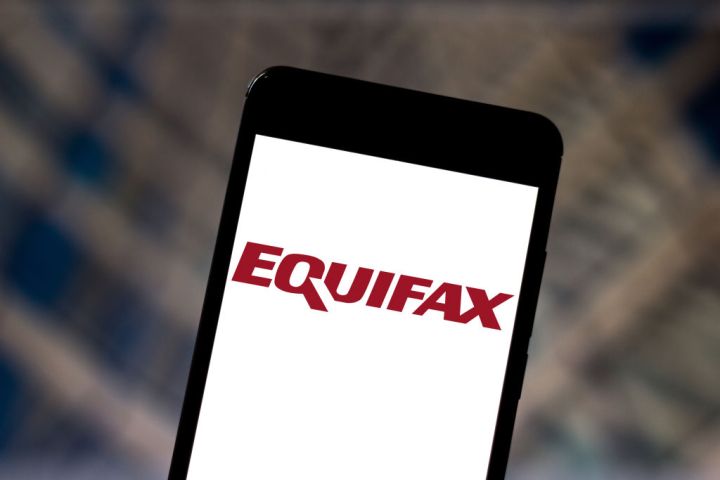
It sounds like a scam, but it’s not: Equifax really is giving millions of people up to $125 in cash or free identity restoration services after a 2017 data breach exposed the personal information of about 147 million people.
That said, it didn’t take long for scammers to start using the settlement as a way to get your personal information. According to the Federal Trade Commission (FTC), people have already set up copycat websites trying to bilk people into handing over private data — or even cash.
“Wouldn’t you know it? People may have already started putting up fake websites meant to look like the official Equifax settlement claims website,” wrote the FCC’s Michael Atleson on Monday. “To be sure you’re going to the right place, start at the FTC’s page: ftc.gov/Equifax.”
“A couple more things to remember. You’ll never have to pay to file a claim for these benefits. And anyone who calls and tries to get you to file a claim is almost certainly a scammer,” he added.
Beware of fake websites claiming to be the Equifax settlement claims website. To be sure you are going to the legitimate site, you can access it from the @ftc’s Equifax page: https://t.co/6Dz4lQYEf2 pic.twitter.com/1qDV3xyYSn
— FTC (@FTC) July 29, 2019
What to look for if you think you’re being scammed
The Federal Trade Commission (FTC) set up a site last week to guide people through the process. If you were affected by the breach, you can check your eligibility and file a claim at equifaxbreachsettlement.com. The ftc.gov/Equifax site is a guide to the claim itself and will direct you to the settlement site. Anything else is a scam, the FTC said.
A quick scan through Twitter and Instagram revealed more than a few posts using the settlement to promote tax services or identity protection companies, but we weren’t able to find any scam websites. Regardless, if you do decide to file a claim, be sure to double-check the domain of the website you’re in.
You should also watch out for any phishing emails claiming to be from the FTC or Equifax. It’s better to proactively go the settlement site itself to file a claim rather than risk clicking a link to a scam site.
Equifax agreed to a $575-700 million settlement with the FTC last week. In all, $300 million of the settlement will go towards credit monitoring services or cash payment.
Editors' Recommendations
- Time is running out to file a claim in Yahoo data breach settlement
- How to avoid coronavirus stimulus check scams
- How to get your stimulus check if you don’t file taxes
- Virtual learning: How to keep your kids engaged while they’re off from school
- How to stay safe and avoid scams while hunting for Black Friday deals online




